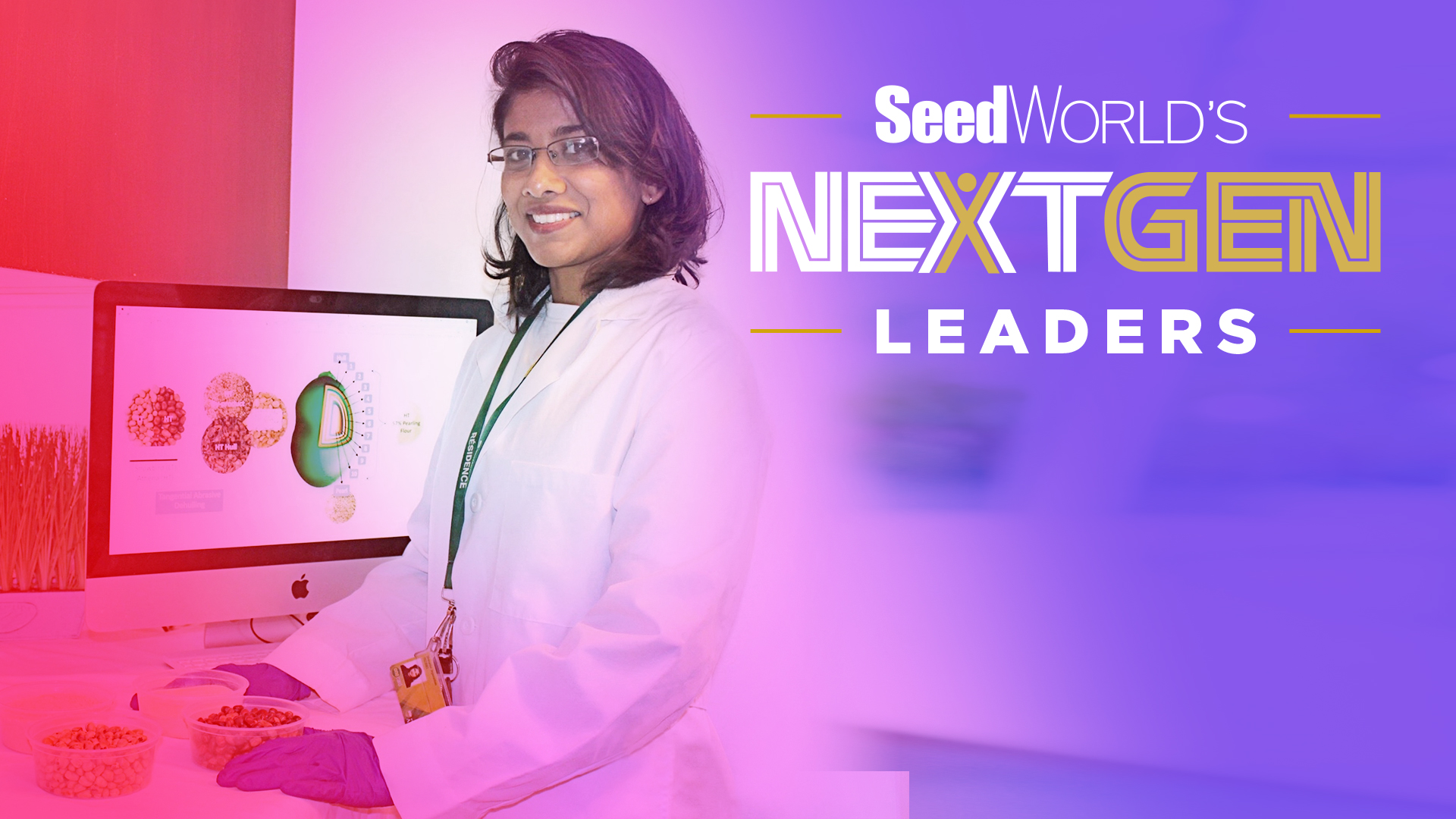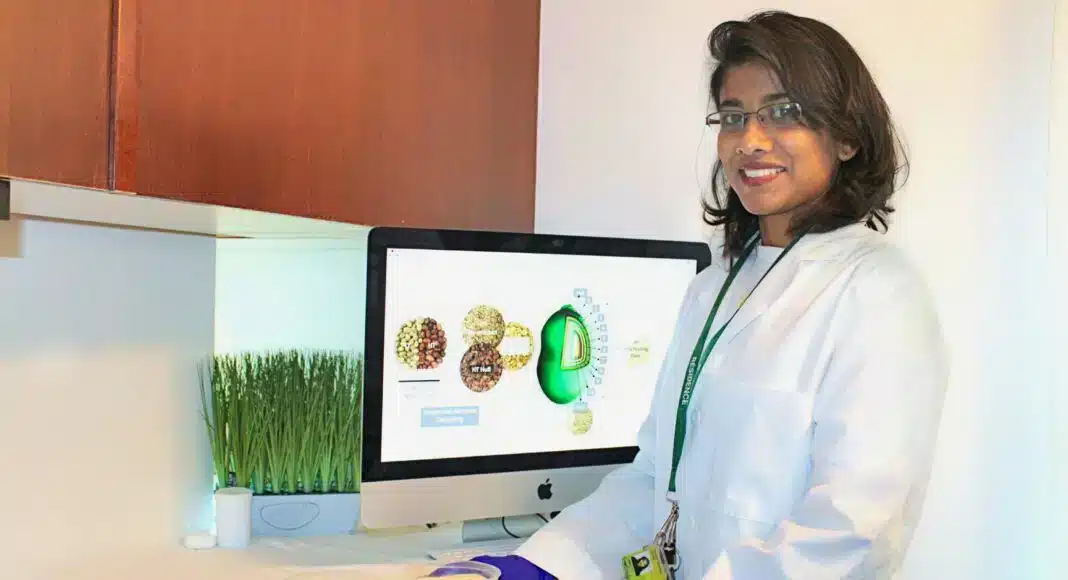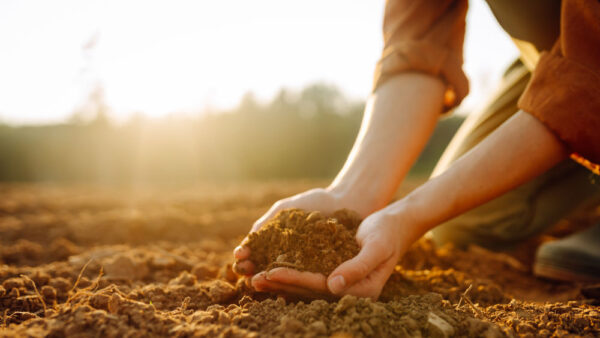Brasathe Jeganathan came to Canada from Sri Lanka in 2016, seeking to bridge the gaps in her scientific expertise. Now she’s helping open up a new future for faba bean and other niche crops.
When she moved here, little did she know it would lead her to an extraordinary exploration of food science and a headline-making discovery that could possibly bolster Canada’s production of faba bean one day.
Faba bean, an often overlooked crop, captured her attention for their resilience and nutritional prowess.
“It’s a crop with big potential,” she says.
Rich in protein, gluten-free, and non-GMO, faba bean presents a sustainable solution amidst the burgeoning demands of the food industry. It’s also a growing commodity for the seed industry in Canada.
Central to Jeganathan’s research journey was the Vanier Canada Graduate Scholarship, a pivotal moment that steered her course. “Receiving the Vanier Scholarship in 2019 was a game-changer,” she says. “It really allowed me to delve deeper into my studies, unraveling the secrets hidden within faba bean.”
Her doctoral pursuits culminated in groundbreaking discoveries, including sustainable, chemical-free extraction methods that promise to revolutionize the processing of plant-based proteins.
“We developed innovative techniques that mitigate environmental impact while maximizing efficiency,” she says. The new process also ensures that the protein remains unchanged by chemicals, preserving its potential for use in developing clean-label vegetarian food products or supplementing cereal-based staple foods, according to the University of Alberta.
As she transitions into her role as a postdoctoral research associate in the United States, Brasathe remains steadfast in her commitment to advancing food science.
“My journey doesn’t end with faba bean,” she says. She’s exploring the vast landscape of alternative protein sources, from pinto bean to lentil, which could have big implications for the seed industry in Canada.
However, her success hasn’t come without challenges, showing her leadership not just in research but in the realm of work-life balance. She moved to Canada only five months after getting married.
“The biggest challenge for me was undoubtedly missing home and my husband. Having spent my entire life in Sri Lanka, venturing to Canada marked my very first experience of leaving the familiar behind,” she says.
However, she found solace in the unwavering support of her parents and husband, Samarasinghage, who encouraged her research pursuits. Despite their encouragement, the absence of family remained a significant hurdle. Moreover, navigating the cultural disparities posed another layer of difficulty.
“Yet, I drew strength from my upbringing in an ethnically diverse household, where I learned to bridge those kinds of divides.”
For those just getting started in the fields of agriculture and food science, she says maintaining curiosity and passion is paramount in any endeavour and a key to success. In the realm of food science, success hinges on the ability to blend technical expertise with creativity and adaptability.
“Continuously learning and staying abreast of advancements in key areas is important. Effective communication and collaboration are also crucial, particularly given the interdisciplinary nature of food sciences,” she says.
“Clear communication is vital, especially when conveying complex findings to diverse audiences. It’s important to tailor your message accordingly, whether you’re speaking to experts or the public.”













